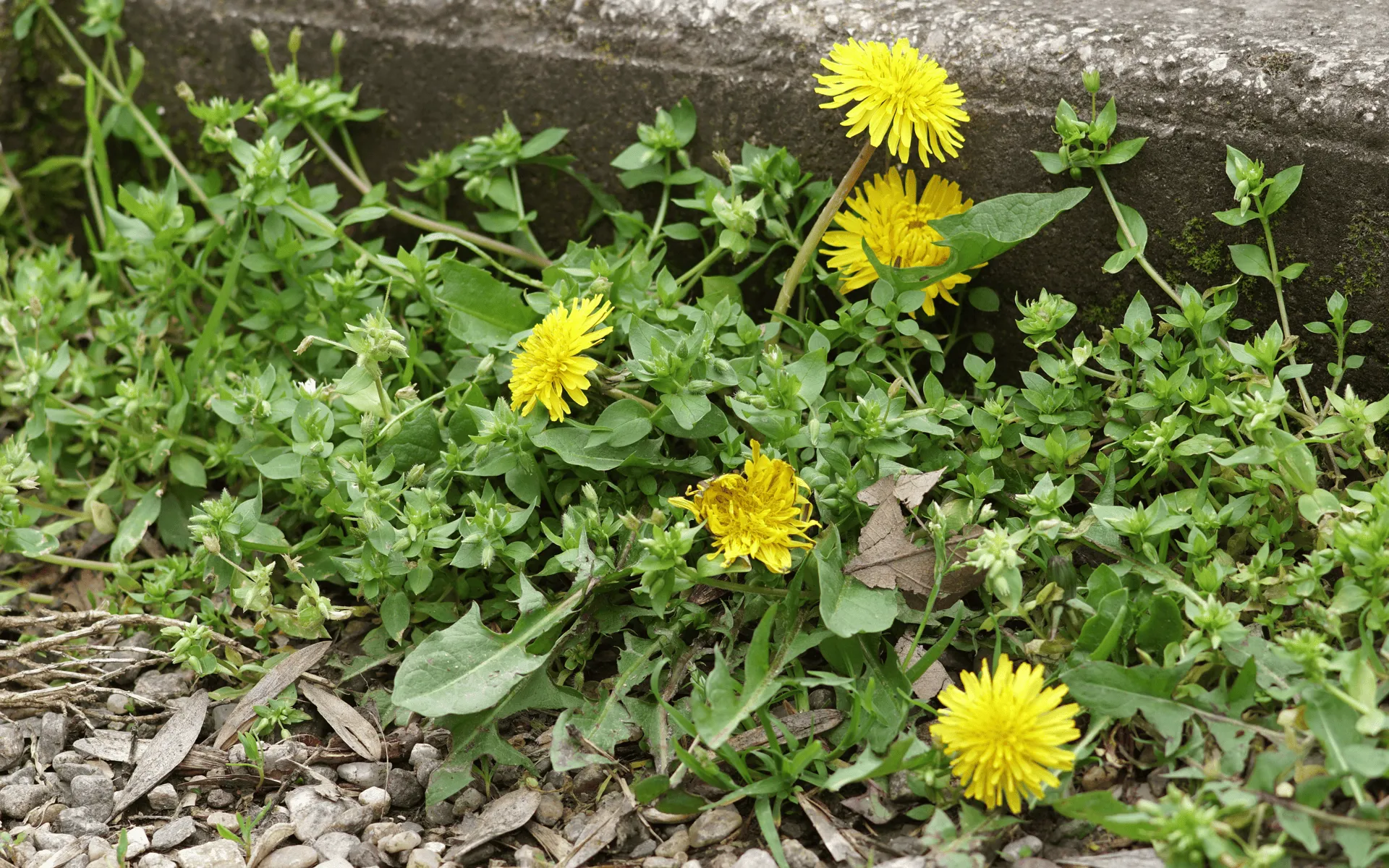
As temperatures drop and winter creeps in, most Australians reach for comfort—warm showers, heated homes, and a hot cuppa. But before you crank the hot water, there’s one thing that shouldn’t be overlooked: your hot water system.
It’s not exactly the most glamorous item on your winter checklist, but it’s arguably one of the most important. A failed hot water system in the middle of winter isn’t just an inconvenience—it can quickly become a costly emergency.
Why Winter Is Tough on Hot Water Systems
Your hot water system works harder during the colder months. Whether it’s for morning showers, bath time for the kids, or washing up after dinner, your usage tends to spike in winter.
Here’s what winter puts your system through:
- Higher Demand: Cold weather means colder water entering the system, so your heater needs more energy to reach the desired temperature.
- Thermal Stress: Constant heating and cooling can cause expansion and contraction of internal parts, which wears them out faster.
- Hidden Leaks or Rust: Minor issues that aren’t noticeable in summer can worsen quickly with increased usage.
In other words, if there’s a weakness in your system, winter will expose it.

Signs Your System Might Be Struggling
Even if you haven’t noticed major problems, there are some red flags that indicate your hot water system might be due for a check-up:
- Water Takes Too Long to Heat
If your shower takes ages to warm up or the water doesn’t get as hot as it used to, that’s a warning sign.
- Strange Noises
Popping, banging, or rumbling sounds from the tank often signal sediment build-up or internal wear.
- Rust-Coloured or Smelly Water
This could mean corrosion inside the tank or bacterial growth. Either way, it’s not something you want to ignore.
- Leaks or Damp Patches
Even small leaks can lead to major water damage or escalate into a full tank failure.
- Inconsistent Water Temperature
If your water’s switching between hot and cold without reason, there could be an issue with the thermostat or heating element.
The Benefits of Getting It Checked Now
You might think, “If it ain’t broke, don’t fix it.” But here’s why a pre-winter check-up is a smart move:
1. Avoid Winter Breakdowns
When your system gives out mid-winter, emergency call-outs can be costly—and during peak season, wait times are longer. A pre-season check means small issues can be caught and fixed early.
2. Improve Efficiency
A system full of sediment or with faulty parts uses more energy to heat your water. A simple clean-out or minor adjustment could lower your energy bills significantly.
3. Extend the System’s Lifespan
Just like a car, regular maintenance keeps your hot water system running better for longer. This delays the need for a full replacement—which can be a few thousand dollars.
4. Better Water Quality
No one wants to shower in murky or smelly water. Ensuring the system’s internals are clean and working properly means healthier, cleaner water for your family.
Energy-Efficient Options Worth Considering
If you do decide to upgrade, winter is the best time to benefit from the latest technology. Some options to look into include:
- Gas Continuous Flow: Heats water on demand so you never run out
- Heat Pump Systems: Use ambient air to heat water, saving heaps on energy bills
- Solar Hot Water with Gas Boost: Ideal for sunny areas and reducing carbon footprint
An efficient system can slash your energy bills—and you’ll notice the savings right away.
DIY Maintenance: What Can You Do?
While a full check-up should be handled by a pro, there are a few things you can do yourself:
- Visual Checks: Look for rust, leaks, or corrosion around the unit.
- Clean Surrounding Area: Keep the area around your system clear of leaves, dust, and debris.
- Check Water Pressure: Sudden drops may indicate a leak or pressure valve issue.
- Know Your System: Familiarise yourself with your model, so you know what’s “normal” for temperature and sound.
Still, these steps are no replacement for a professional once-over—especially before the heavy-use season.

Don’t Wait Until It’s Too Late
Winter in Australia may not be as extreme as in other countries, but that doesn’t mean you won’t feel the sting of a cold shower in July. A proactive hot water system inspection is a small task that can save you from stress, surprise expenses, and a very unpleasant morning routine.
So ask yourself: would you rather deal with it now, or when you’ve got shampoo in your hair and nothing but ice-cold water left?
Final Thoughts
Getting your hot water system checked before winter is not just sensible—it’s essential. Whether you’ve got an older unit or a recently installed one, maintenance is the key to staying warm, safe, and energy-efficient when it matters most.









